Augustus was the first emperor of Rome. Gaius Octavius was born is Rome on September 23, 63 BC. Adopted by his great-uncle Julius Caesar, he became known as Gaius Julius Caesar Octavianus. Julius Caesar named him as his heir. When Caesar died, power passed to an 18-year-old Octavius.
When he arrived in Rome to take power, he found a city torn apart by political strife. Octavius also faced hostile opposition from Caesar’s chief lieutenant, Mark Antony. Octavius won over Romans by keeping Caesar’s promise to give 300 sestertii to every citizen. Octavius sold his personal property to raise the money.
Gaius organized an army and defeated Mark Antony in the battle of Modena. Backed by his troops, Octavius was appointed to the Senate and took the name Octavian.Octavian decided to avenge Caesar’s murder and allied himself with two of Julius Caesar’s main supporters, Marcus Aemilius Lepidus and Mark Antony. Together, the trio created an alliance called the Second Triumvirate on November 27, 43 BC. This triumvirate defeated Brutus and Cassius, Caesar’s assassins, in the Battle of Philippi. They then divided the Empire into three parts. Octavian took the Western part, Lepidus was given Africa and Mark Antony ruled the East.
The Second Triumvirate was unstable. Octavian consolidated his power and deposed Lepidus. In the meantime, Antony made an alliance with Cleopatra, Queen of Egypt. Octavian declared war on Cleopatra and defeated her navy in the Battle of Actium, on the Greek coast of the Ionian Sea, in 31 BC.
Octavian annexed Egypt, becoming undisputed ruler of the Mediterranean. Octavian returned to Rome triumphant, as the sole remaining power in the Second Triumvirate. In 29 BC, the Senate proclaimed him Emperor. Octavian kept some of Rome’s republican institutions but gradually gathered all political power in his own hands.
In 27 BC, the Senate gave him the title Augustus, meaning “majestic” or “venerable.” Under Augustus, the Roman empire consolidated its borders. He quelled revolts in Spain, acquired new territories and improved diplomacy with the East.
More importantly, Augustus reformed domestic policy. He reduced the number of senators, reorganized systems of taxation and administration and established a permanent army. He also tried to restore morality to Rome by restricting divorce and punishing adultery. Augustus also tried to revive religious practices. August also was a patron of literature and the arts.
Octavian Augustus died in Nola, near Naples, on August 19, 14 AD. He was 76.
Under Augustus, the Roman Empire reached its maximum political, social and cultural splendor.
When he arrived in Rome to take power, he found a city torn apart by political strife. Octavius also faced hostile opposition from Caesar’s chief lieutenant, Mark Antony. Octavius won over Romans by keeping Caesar’s promise to give 300 sestertii to every citizen. Octavius sold his personal property to raise the money.
Gaius organized an army and defeated Mark Antony in the battle of Modena. Backed by his troops, Octavius was appointed to the Senate and took the name Octavian.Octavian decided to avenge Caesar’s murder and allied himself with two of Julius Caesar’s main supporters, Marcus Aemilius Lepidus and Mark Antony. Together, the trio created an alliance called the Second Triumvirate on November 27, 43 BC. This triumvirate defeated Brutus and Cassius, Caesar’s assassins, in the Battle of Philippi. They then divided the Empire into three parts. Octavian took the Western part, Lepidus was given Africa and Mark Antony ruled the East.
The Second Triumvirate was unstable. Octavian consolidated his power and deposed Lepidus. In the meantime, Antony made an alliance with Cleopatra, Queen of Egypt. Octavian declared war on Cleopatra and defeated her navy in the Battle of Actium, on the Greek coast of the Ionian Sea, in 31 BC.
Octavian annexed Egypt, becoming undisputed ruler of the Mediterranean. Octavian returned to Rome triumphant, as the sole remaining power in the Second Triumvirate. In 29 BC, the Senate proclaimed him Emperor. Octavian kept some of Rome’s republican institutions but gradually gathered all political power in his own hands.
In 27 BC, the Senate gave him the title Augustus, meaning “majestic” or “venerable.” Under Augustus, the Roman empire consolidated its borders. He quelled revolts in Spain, acquired new territories and improved diplomacy with the East.
More importantly, Augustus reformed domestic policy. He reduced the number of senators, reorganized systems of taxation and administration and established a permanent army. He also tried to restore morality to Rome by restricting divorce and punishing adultery. Augustus also tried to revive religious practices. August also was a patron of literature and the arts.
Octavian Augustus died in Nola, near Naples, on August 19, 14 AD. He was 76.
Under Augustus, the Roman Empire reached its maximum political, social and cultural splendor.
RELATED


KOFI ANNAN


THE RAPE OF THE SABINE WOMEN
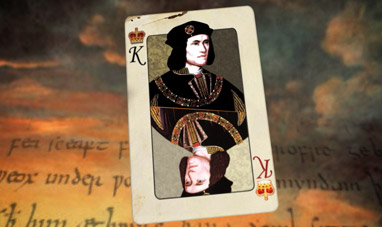

RICHARD III
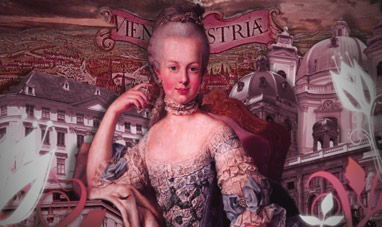

MARIE ANTOINETTE


LEONID BREZHNEV
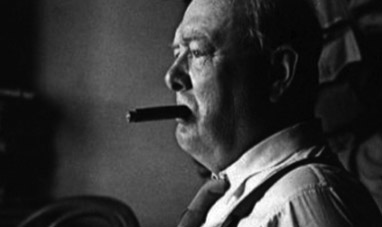

WINSTON CHURCHILL
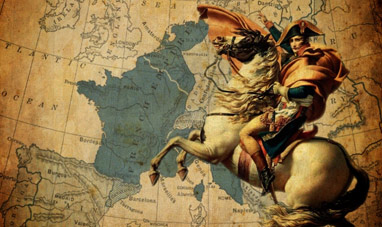

NAPOLEON BONAPARTE
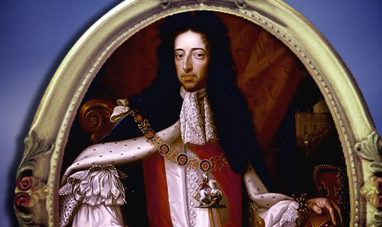

WILLIAM III, OF ORANGE
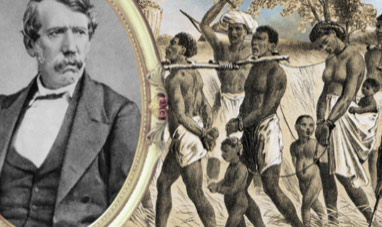

LIVINGSTONE, DAVID


ZHENG HE
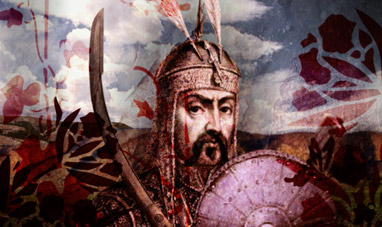

GENGHIS KHAN


REINHARD GEHLEN
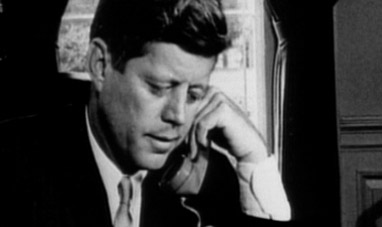

JOHN FITZGERALD KENNEDY
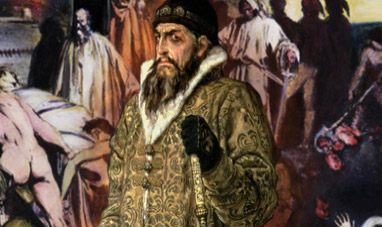

IVAN THE TERRIBLE
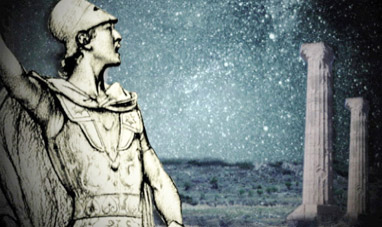

ALEXANDER THE GREAT
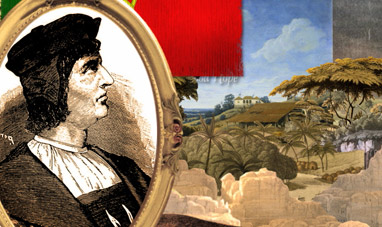

BARTOLOMEU DIAS


NEIL ARMSTRONG


YASSER ARAFAT
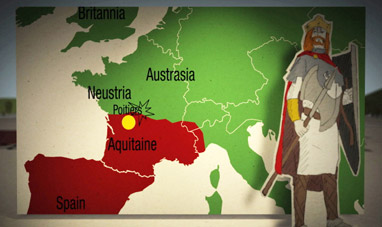

CHARLES MARTEL
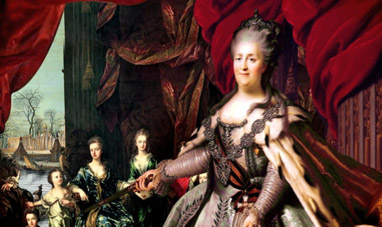

CATHERINE THE GREAT
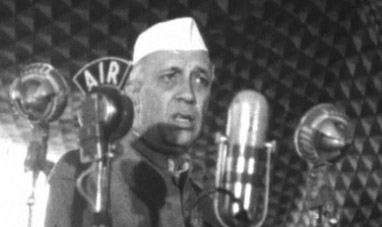

JAWAHARLAL NEHRU
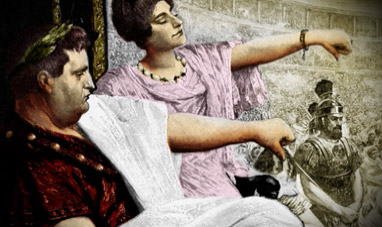

NERO


JAMES KEIR HARDIE
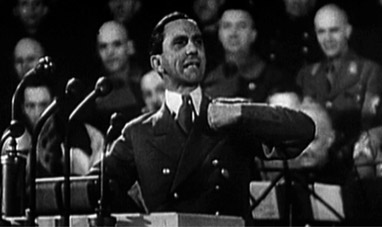

JOSEPH GOEBBELS
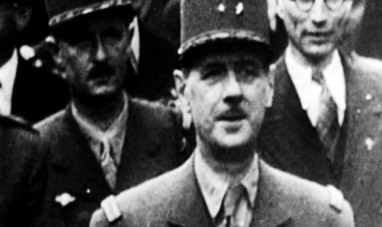

CHARLES DE GAULLE


THE COUNT-DUKE OF OLIVARES
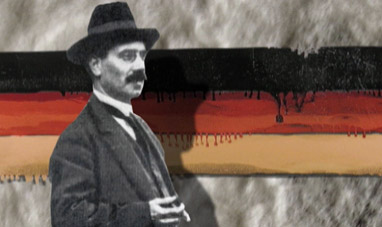

KARL LIEBKNECHT


FRANCIS DRAKE
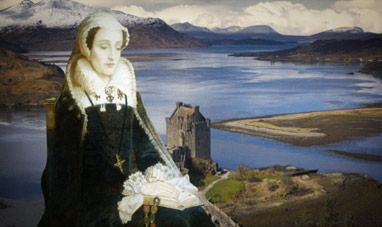

MARY STUART
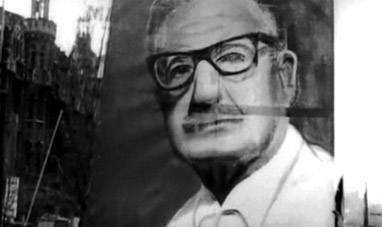

SALVADOR ALLENDE


MIKHAIL GORBACHEV
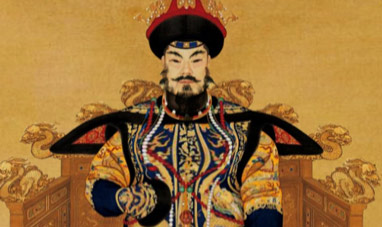

QIN SHI HUANG
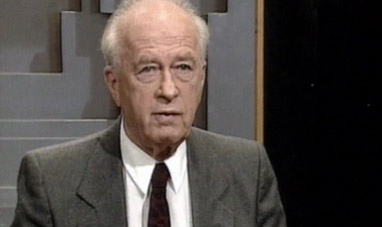

YITZHAK RABIN
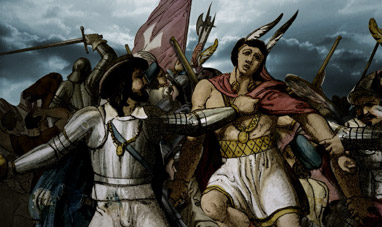

FRANCISCO PIZARRO


NELSON MANDELA


TONY BLAIR
